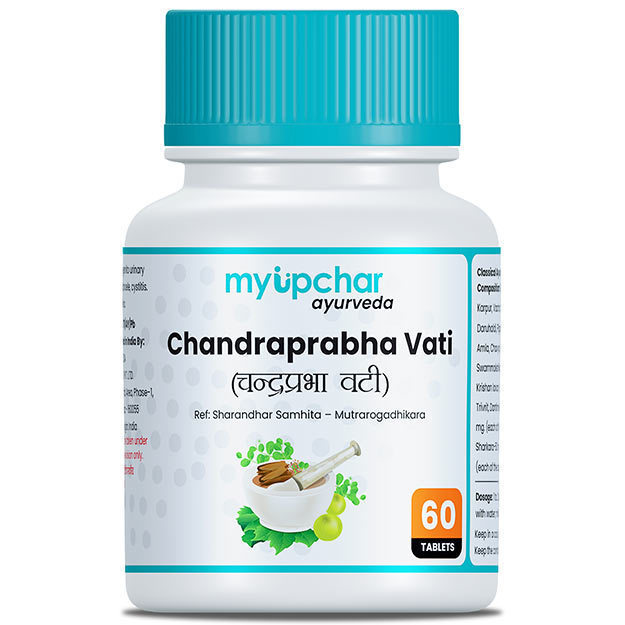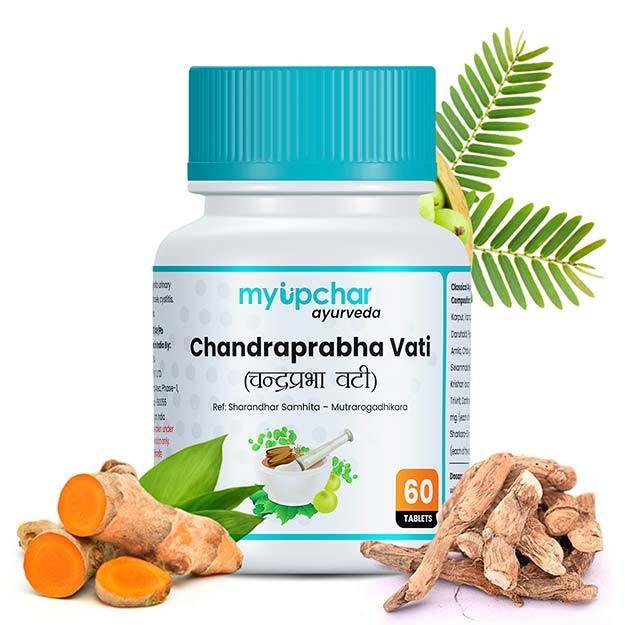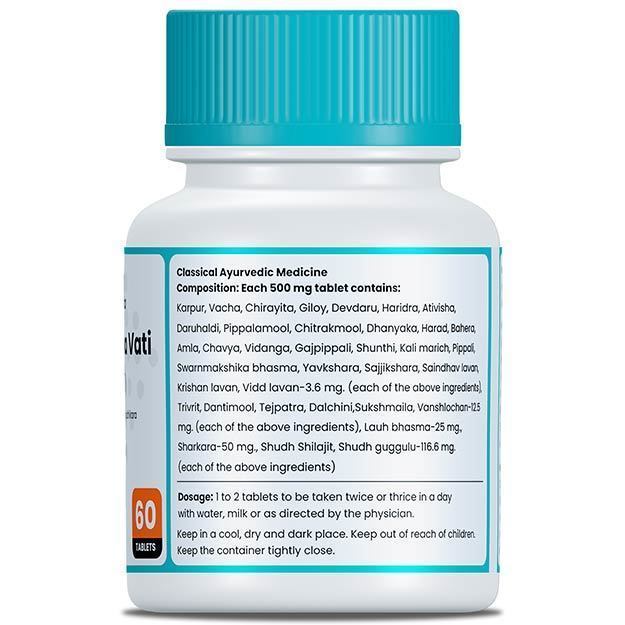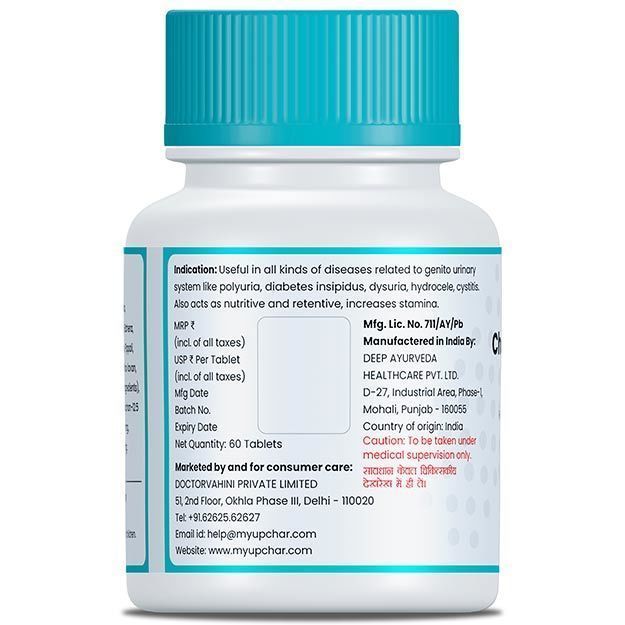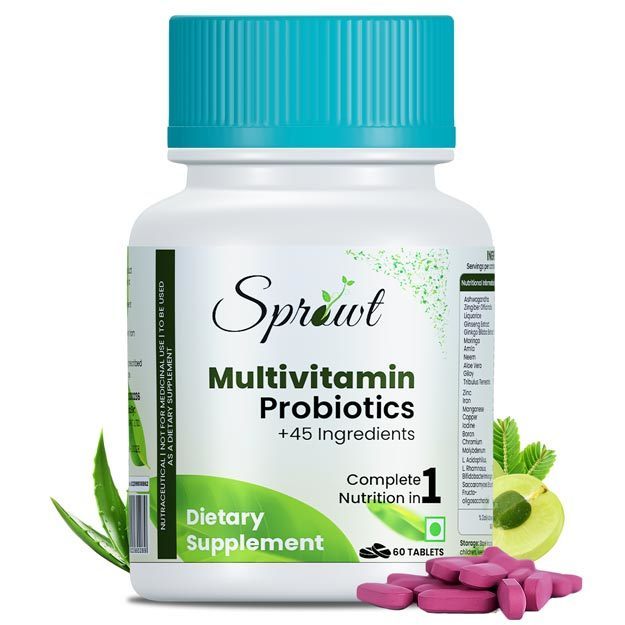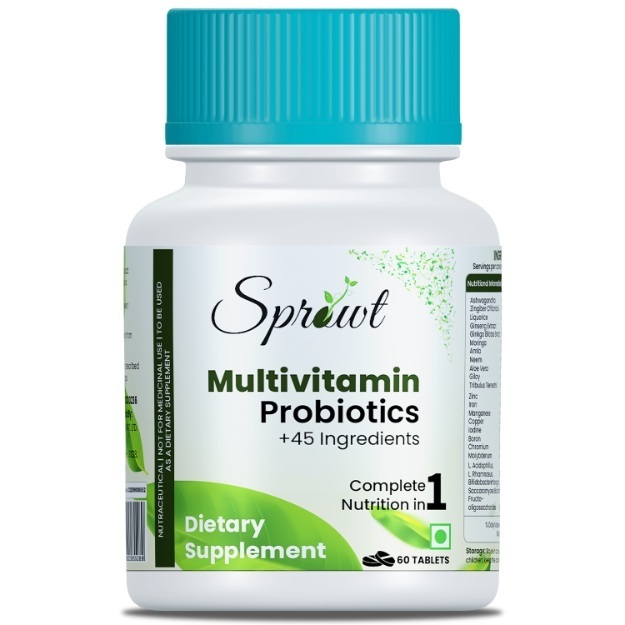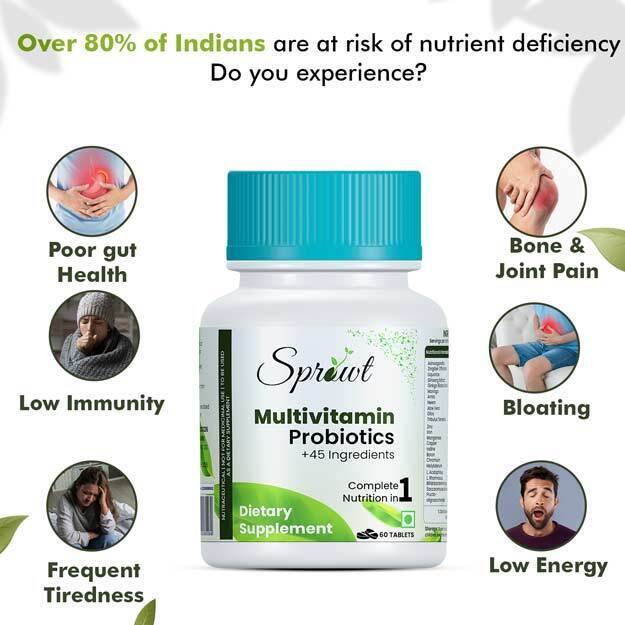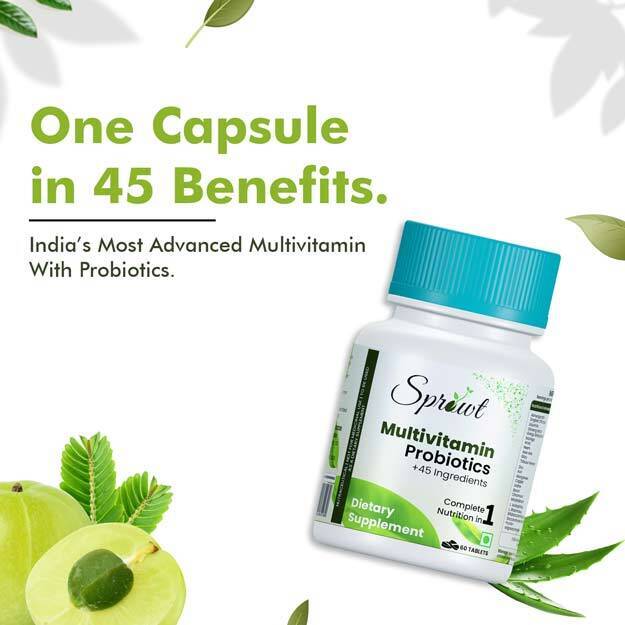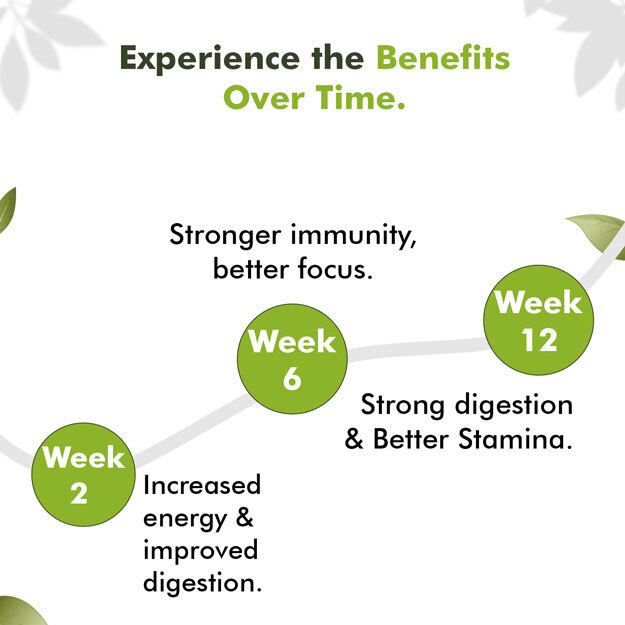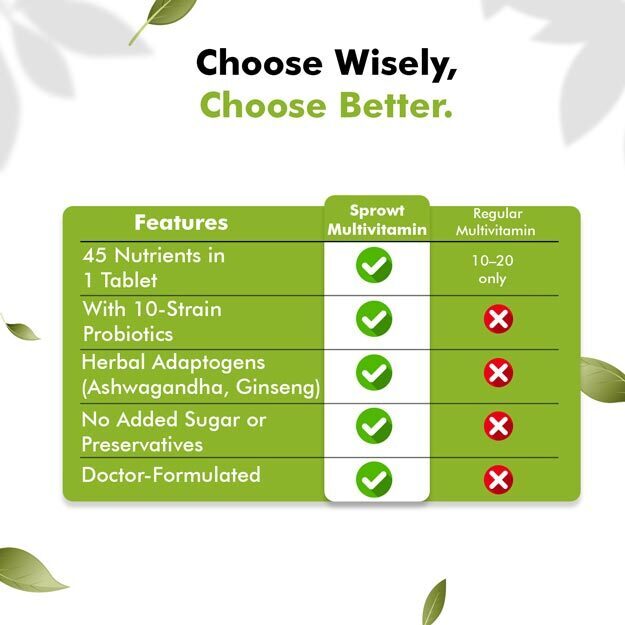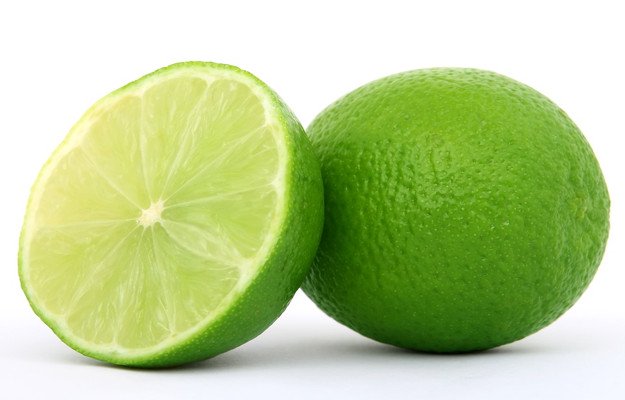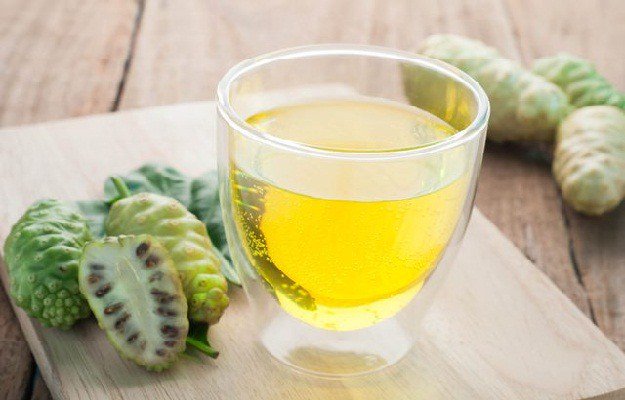The Karonda (Carissa carandas), often known as the Bengal currant or Christ's thorn, is a fascinating and often underappreciated fruit. These sour-sweet and firm fruits, about the size of a small grape, are popular across the breadth of India, from Rajasthan to West Bengal. While you might spot them fresh in local markets during the summer, they're also widely used in various culinary preparations and are a key ingredient in traditional medicine systems like Ayurveda. This article aims to provide a comprehensive guide to the Karonda, exploring its general characteristics, nutritional profile, impressive health benefits, culinary versatility, and important considerations regarding its consumption.
This hardy, drought-resistant shrub belongs to the Apocynaceae family and is known by scientific names like Carissa carandas, Carissa congesta, and the wild variety Carissa spinarum. Originally from the Indian subcontinent, it's now cultivated in various warm climate regions globally, including parts of China, Brazil, and Southeast Asia. In India, it thrives in states like Karnataka, Maharashtra, Goa, Bihar, Rajasthan, Uttar Pradesh, and Gujarat.
Karonda has numerous alternative names, such as Bengal currant, Christ’s thorn, Carandas plum, and regional names like kerenda (Malaya) or nam phrom (Thailand). The fruit ripens from green to reddish-purple or black, offering a distinct tart and tangy taste. Two main varieties are Carissa carandas (sour, green/reddish-white) and Carissa spinarum (slightly sweeter, deep maroon).
It's important to note that Karonda is listed on CAB International’s Invasive Species Compendium, indicating its potential to threaten local biodiversity if introduced to non-native environments. Traditionally, various parts of the plant – fruits, roots, and leaves – have been used in medicine. Although often confused with cranberries due to similar appearance, Karonda is botanically distinct, being a currant with firm flesh around its seeds, unlike the softer-pulped cranberry berry.
- Karonda Fruit Nutritional Value
-
Health Benefits of Karonda
- Karonda Fruit For As A Potential Antioxidant
- Karonda Fruit For Immune System Enhancement
- Karonda Fruit For Better Digestive Health (Constipation and Diarrhoea)
- Karonda Fruit For Cardiovascular Support (Hypolipidemic properties)
- Karonda Fruit For Blood Sugar Regulation (Anti-hyperglycaemic properties)
- Karonda Fruit For Pain Relief (Analgesic properties)
- Karonda Fruit For Seizure Management
- Karonda Fruit For Better Liver Health (Hepatoprotective properties)
- Karonda Fruit For Skin Health and Anti-Aging
- Other Health Benefits
- How Can You Enjoy Karonda?
- Important Considerations and Potential Side Effects
-
Frequently Asked Questions (FAQ)
- Can I eat Karonda raw?
- Can I eat Karonda during my pregnancy?
- How is Karonda different from cranberries?
- What parts of the Karonda plant are used in traditional medicine?
- Is Karonda good for individuals with kidney stones?
- What is the best way to store Karonda?
- Can Karonda help with fever?
- Are there any known allergic reactions to Karonda?
- Summary
Karonda Fruit Nutritional Value
Karonda may be small, but it's remarkably rich in essential nutrients and beneficial plant compounds. While the exact nutritional content can vary slightly depending on the variety and ripeness, the seeds of Carissa spinarum or wild karonda, for instance, have over 10% protein and 22.4% oil (with a fatty acid composition including 12.6% palmitic, 7.6% stearic acid, 72.7% oleic acid, 5.2% linoleic acid, 0.9% linolenic acid, and 1% arachidic acid).
According to a small study-based note by J. Morton in Fruits of Warm Climates (1987), one pound (453.5 grams) of ripe Karonda fruits from India and the Philippines typically contain:
(Read More: Best fruits for glowing skin)
|
Nutrition |
Amount |
|
Calories |
338 kilocalories |
|
Water |
83% |
|
0.39-0.66% |
|
|
2.57-4.63% |
|
|
0.51-0.94% |
|
|
Sugar |
7.35-11.58% |
|
0.62-1.81% |
|
|
Ash |
0.66-0.78% |
|
40-49.83 mg |
Research has shown that Karonda contains important plant chemicals, some of which have antioxidant, analgesic, anti-inflammatory, hepatoprotective (liver-protecting), anti-hyperglycemic (against high blood sugar), hypolipidemic (cholesterol-lowering), and wound-healing properties. Some of these chemicals include:
- In root extracts: Alkaloids, flavonoids, saponins, cardiac glycosides, triterpenoids, phenolic compounds, tannins, salicylic acid, and a phenolic lignan.
- In leaf extracts: Alkaloids, glycoside, tannins, and terpins.
- In unripe fruit extracts: Polyphenols, flavonoids, and flavanones.
- In fruits (overall): Rich in vitamin C, vitamin A, calcium, phosphorus, and iron.
(Read More: Olive: Benefits and Side Effects)
See Similar Category Medicines Here
Health Benefits of Karonda
The rich nutritional and phytochemical profile of Karonda translates into a wide array of potential health benefits, many of which are supported by both traditional uses and emerging scientific research.
Karonda Fruit For As A Potential Antioxidant
Karonda is a veritable treasure trove of antioxidants, including flavonoids, phenolic compounds, and vitamin C. These antioxidants play a crucial role in neutralizing harmful free radicals in the body, thereby reducing oxidative stress. Oxidative stress is a major contributor to cellular damage, inflammation, and the development of chronic diseases such as cardiovascular diseases, certain cancers, and neurodegenerative disorders. Regular consumption of Karonda can help protect your cells and promote longevity.
(Read More: Shrimp Benefits and Side Effects: What You Need to Know)
Karonda Fruit For Immune System Enhancement
The high concentration of Vitamin C in Karonda makes it an excellent natural immune booster. Vitamin C is essential for the production and function of white blood cells, which are the body's primary defense against infections caused by bacteria, viruses, and other pathogens. Including Karonda in your diet, especially during seasonal changes or when your immune system needs extra support, can help fortify your body's defenses.
Karonda Fruit For Better Digestive Health (Constipation and Diarrhoea)
Karonda is a good source of dietary fiber, which is indispensable for a healthy digestive system. Fiber adds bulk to stool, facilitating smooth bowel movements and preventing constipation. It also supports a healthy gut microbiome, which is crucial for nutrient absorption and overall well-being. According to a study published in the Asian Journal of Pharmaceutical and Clinical Research in 2015, Karonda has been used to treat digestive issues like constipation and diarrhoea for many years in India as per Ayurvedic, Unani, and Homeopathic systems of medicine. Modern research supports these benefits, crediting them to phytonutrients like alkaloids, flavonoids, saponins, glycosides, triterpenoids, phenolic compounds, and tannins. Another study in the journal J Ethnopharmacol in 2011 also suggests that Karonda may help improve digestion and may also be used as a medication against intestinal worms due to its anthelmintic and antimicrobial properties.
(Read More: Sweet Lime (mosambi) benefits and side effects)
Karonda Fruit For Cardiovascular Support (Hypolipidemic properties)
The combination of antioxidants and fiber in Karonda makes it beneficial for heart health. Antioxidants help protect blood vessels from damage, while fiber aids in lowering "bad" LDL cholesterol levels, thus reducing the risk of atherosclerosis and other cardiovascular diseases. Research indicates its hypolipidemic (cholesterol-lowering) properties.
Karonda Fruit For Blood Sugar Regulation (Anti-hyperglycaemic properties)
Emerging research, as highlighted by a study at Nagpur University, suggests that Karonda may be helpful in managing blood sugar levels. Researchers tested whether an extract of unripe Karonda fruit could reduce blood sugar in lab mice with induced diabetes. They reported that depending on the extract type (methanol or ethyl acetate soluble fraction), at a dose of 400 mg per kilogram of mouse weight, Karonda fruit extract reduced blood glucose levels by 48% or 64.5%, respectively. This effect was attributed to the polyphenolic and flavonoid compounds present in Karonda fruit. Another animal study on the effects of methanolic extract of Karonda fruit for diabetic nephropathy found that it increased antioxidant activity in the kidney, thereby reducing oxidative stress and biomarkers of kidney damage. A study on the effects of Karonda leaf extract on lab mice also found that it nearly halved artificially increased blood glucose. It is important to note that much more research, including human clinical trials, is needed to confirm these effects in humans. The authors of these studies emphasize the need for further scientific investigation to elucidate the exact mechanism and discover potential new antidiabetic compounds.
(Read More: Vitamin D: Benefits, Uses, Sources, Dosage, Side Effects)
Karonda Fruit For Pain Relief (Analgesic properties)
Current research shows that Karonda has analgesic properties. A study published in Natural Products and Bioprospecting in 2017 suggests dose-specific consumption of the extract of the wild species of Karonda (Carissa spinarum) may help manage chronic joint pain associated with rheumatoid arthritis and arthritis. Another study, published in 2017 in the journal Medicines, shows that consuming Karonda extract may help relieve muscle pain and fever due to pain. However, the dosage of the extract required should be decided by a naturopathic doctor.
Karonda Fruit For Seizure Management
A 2009 study with Swiss mice in a lab found that an ethanolic extract of the root of the Karonda plant could reduce the duration of electroshock-induced seizures at doses of 100-400 mg per kilogram weight. At 200 mg/kg and 400 mg/kg, this extract also provided some protection against seizures and delayed the onset of chemically induced seizures. Researchers found that the crude extract of Karonda root contains alkaloids, flavonoids, saponins, and large amounts of cardiac glycosides, triterpenoids, phenolic compounds, and tannins, many of which have antioxidant or antimicrobial properties. Another study on the anticonvulsant and sedative effects of Karonda focused on the leaves, suggesting that a leaf extract may be used in epilepsy treatment. It was found that the extract, at about 400 mg/kg, could offer some protection against chemically induced seizures in mice and help reduce symptoms like extensor (muscle extension and tensing) and stupor. However, much more research is needed to fully confirm any benefits of Karonda roots or leaves for seizures, including epileptic seizures, as this remains an under-researched area.
(Read More: Sirsasana: The King Of All Asanas)
Karonda Fruit For Better Liver Health (Hepatoprotective properties)
Studies show that consuming Karonda extract may have hepatoprotective effects, preventing liver damage and keeping this vital organ healthy. One particular study published in the Indian Journal of Experimental Biology in 2009 explains that extract of the roots of Carissa carandas protects the liver against toxicity and inflammation by reducing the activities of liver enzymes and bilirubin and the oxidation of lipids. This evidence also supports the role played by Karonda in liver health as indicated in Ayurvedic texts.
Karonda Fruit For Skin Health and Anti-Aging
Ayurveda supports the use of Karonda in treating and preventing skin infections and diseases. A study published in BioMed Research International in 2014 reveals that consuming the dried fruits of Carissa carandas can reduce skin inflammation and prevent skin rashes and infections. Another study in the Journal of Pharmacy and Pharmacology in 2020 suggests that Karonda contains a wide variety of flavonoids, phenolic acids, steroids, volatile oils, lignans, alkaloids, and other phytonutrients that provide it with antioxidant, anti-inflammatory, antimicrobial, and antifungal properties. This suggests that consuming dried or juiced Karonda can prevent fungal and bacterial infections associated with the skin. Although research is limited, some studies also suggest Karonda may help manage skin disorders such as eczema and psoriasis.
(Read More: Soda Water: Refreshing Friend or Fizzy Foe?)
Other Health Benefits
Traditional medicine systems used the entire Karonda plant—fruits, roots, and leaves—for various ailments. Research, though nascent, is showing proof for some of these purported benefits:
- Antibacterial properties: A 2012 study in the Asian Journal of Plant Science and Research found that a methanolic extract of Karonda leaves has antimicrobial properties against bacteria like S. aureus and E. coli.
- Wound healing: 1% and 2.5% (w/w) root extracts of Carissa spinarum may help in healing wounds by improving wound contraction and epithelization (new skin formation over the wound), according to research in the Journal of Ethnopharmacology.
- Antipyretic (Fever Reduction): Unripe Karonda fruits were traditionally used in Ayurveda to bring down fever.
(Read More: Gluten and Gluten-Free Foods: uses, benefits)
How Can You Enjoy Karonda?
Beyond its health benefits, Karonda's unique flavor makes it a culinary delight. Its tartness allows for diverse applications. The green or reddish-white currants can be turned into chutneys, pickles, and curries, showcasing their versatile culinary appeal.
- Fresh Consumption: Ripe Karonda can be eaten fresh, though some might find its tartness intense. A sprinkle of salt or chaat masala can balance the flavor.
- Traditional Preserves: It's famously used to make spicy and tangy pickles (achaar) and chutneys, a staple in many Indian households.
- Sweet Treats: The high pectin content makes it excellent for preparing jams, jellies, and squashes.
- Beverages: Blended into juices or smoothies, often with a sweetener, it offers a refreshing drink.
- Savory Dishes: In certain regional cuisines, Karonda is incorporated into curries and vegetable preparations to impart a unique sour note.
(Read More: Raisins: Your Tiny Powerhouse Snack for Big Health Benefits!)
Important Considerations and Potential Side Effects
While Karonda is largely safe and beneficial, it's crucial to consume it in moderation and be aware of potential side effects and precautions.
Karonda Can Cause Acidity and Digestive Discomfort
The inherent tartness and acidic nature of Karonda, especially when consumed raw and in large quantities, can potentially lead to stomach upset, acidity, or heartburn in individuals with sensitive digestive systems or pre-existing conditions like acid reflux. If you experience such symptoms, reduce your intake or consume it in cooked forms.
Karonda Contains Oxalate Content
Karonda contains oxalates, natural compounds that can contribute to the formation of calcium oxalate kidney stones in susceptible individuals. For most healthy individuals, this is not a concern. However, if you have a history of kidney stones or are prone to them, it's advisable to limit your intake of high-oxalate foods and consult your doctor or a dietitian for personalized dietary recommendations.
(Read More: Fiber-Rich Foods: Your Essential Guide to Health)
Unripe Karonda Fruit
Unripe Karonda is significantly more astringent and acidic than ripe fruit. It's generally recommended to consume fully ripe Karonda or use it in cooked preparations like pickles and chutneys.
Karonda As Supplements and Extracts
While overconsumption of fresh Karonda fruits is unlikely to produce severe side effects in people who are not allergic to them, supplements with Karonda leaf, root, or seed extract may cause problems like stomach cramps and diarrhoea if taken in excess. An animal study on the effect of Karonda extract showed side effects in cats and rats, including vomiting, diarrhoea, tachypnea (fast breathing), exhaustion, and even death. In cats that had been given anesthesia before administering the extract, it caused low blood pressure or hypotension. In rats, the extract released histamines, a potential precursor to allergies. More research is needed to fully understand the adverse health effects of Karonda plant and extracts, especially in humans.
Medication Interactions
Although rare, some plant compounds can interact with medications. If you are on prescription medications, particularly for blood thinners or diabetes management, it's prudent to discuss with your doctor before making significant dietary changes or incorporating large amounts of Karonda.
(Read More: Which Fruits Should Be Part of Your Skincare Diet?)
Frequently Asked Questions (FAQ)
Got questions?
Can I eat Karonda raw?
Yes, you can eat ripe Karonda raw. However, its tartness can be quite intense for some people. If you find it too sour, you might prefer to eat it with a sprinkle of salt or chaat masala, or incorporate it into cooked dishes like pickles, chutneys, jams, or juices, which often involve sweeteners to balance the flavor. Unripe Karonda is considerably more astringent and acidic and is generally not recommended for raw consumption.
(Read More: Citrus Fruits: Zesty Benefits, Potential Risks & Smart Tips)
Can I eat Karonda during my pregnancy?
While Karonda is a nutritious fruit, it's always advisable for pregnant or lactating women to consult their healthcare provider before introducing any new food into their diet, especially in large quantities or in concentrated forms like extracts or supplements. While no specific contraindications are widely reported for moderate consumption of the fruit, a doctor can provide personalized advice based on your individual health needs and pregnancy status.
How is Karonda different from cranberries?
People often confuse cranberries (Vaccinium macrocarpus) with Karonda (Carissa carandas) due to their similar size and color. However, they are distinct fruits. Cranberries are berries with a softer pulp around the pip, while Karonda falls under the category of currants, characterized by firm flesh around its seeds. They also have different botanical classifications and slightly different nutritional profiles and flavor complexities.
(Read More: Melasma and Iron Deficiency)
What parts of the Karonda plant are used in traditional medicine?
Traditional medicine systems, particularly Ayurveda, utilize almost the entire Karonda plant for its medicinal properties. This includes the fruits (both ripe and unripe), roots, and leaves. These different parts are prepared in various ways (e.g., extracts, decoctions) to address different health concerns.
Is Karonda good for individuals with kidney stones?
Karonda contains oxalates, which are natural compounds that can contribute to the formation of calcium oxalate kidney stones in susceptible individuals. If you have a history of kidney stones or are prone to them, it's advisable to consume Karonda in moderation and consult your doctor or a dietitian for personalized dietary recommendations.
(Read More: Hydration and Nutrition: Fruits for Pregnant Women)
What is the best way to store Karonda?
Fresh Karonda fruits can typically be stored in the refrigerator for about a week. If you wish to preserve them for longer, they can be pickled, made into jams or chutneys, or even frozen. Freezing extends their shelf life significantly, allowing you to enjoy them off-season.
Can Karonda help with fever?
Yes, unripe Karonda fruits have been traditionally used in Ayurveda as an antipyretic, meaning they can help bring down fever. Some scientific research on Karonda also supports its traditional use for fever reduction.
(Read More: Ancient Beauty Secrets: Home Remedies for Glowing Skin)
Are there any known allergic reactions to Karonda?
While allergic reactions to Karonda are rare, as with any food, a very small percentage of individuals might experience one. Symptoms could include itching, swelling, rash, or difficulty breathing. If any such reaction occurs, discontinue use and seeking immediate medical attention is advised.
Summary
Karonda is a small but mighty fruit, offering a compelling blend of taste and health benefits. Its rich profile of vitamins, minerals, fiber, and potent antioxidants makes it a valuable asset for boosting immunity, supporting digestion, promoting heart health, and potentially aiding in blood sugar management. By understanding its nutritional richness and being mindful of sensible consumption, particularly considering its tartness and oxalate content, you can safely integrate this unique berry into your diet. Whether enjoyed in traditional pickles, refreshing jams, or simply as a fresh, tangy snack, Karonda is truly a hidden gem that deserves a place on your plate.
Find Nutritionist in cities
Doctors for Karonda Benefits & Side Effects

Dr. Dhanamjaya D
Nutritionist
16 Years of Experience

Dt. Surbhi Upadhyay
Nutritionist
3 Years of Experience

Dt. Manjari Purwar
Nutritionist
11 Years of Experience

Dt. Akanksha Mishra
Nutritionist
8 Years of Experience
Medicines / Products that contain Cranberry
- Enorma Urinary Tract Infection Tablet (30) - ₹1070
- Enorma Urinary Tract Infection Tablet (60) - ₹1620
- Adorreal Fat Burner For Weight Loss, Promotes Weight Loss & Metabolic Rate, Natural Weight Loss Supplement, Weight Management, Fat Loss & Calories Burner Capsules (60) - ₹549
- Tracfree Tablet - ₹292
- Health Veda Organics Probiotics 50 Billion Veg Capsules (60) - ₹588
- Pure Nutrition Cranberry and Amla Extract Capsules, Supports Urological Health & manage UTIs - ₹499
- HealthAid Cranberry Tablet (60) - ₹1169
- Hawaiian Herbal American Acai Plus Capsule-Get 1 Same Drops Free - ₹469
- Rooted Active Natural Super Greens, Mushrooms & Herbs blend 250gm - ₹680
- Ayouthveda Sunturn Plus SPF 50 Cream 100gm - ₹629
- Health Veda Organics D Mannose Cranberry Extract Veg Tablets For Kidney Health And Urinary Tract Infection (60) - ₹539
- &Me PCOS, PCOD - Women Health Drink (30 Bottle) - ₹2250
- &Me PCOS, PCOD - Women Health Drink (8 Bottle) - ₹600
- &Me Herbal Mixed Berries Drink for UTI (30 Bottle) - ₹2550
- &Me Herbal Mixed Berries Drink for UTI (4 Bottle) - ₹340
- Tracfree XT Sachet - ₹31
- Pure Nutrition Womens Multi Vita Tablet - ₹999
- Omni Ayurveda Libido Booster Capsules For Strength, Immunity And Stamina (120) - ₹2499
- Hawaiian Herbal Cranberry Capsule-Get 1 Same Drops Free - ₹999
- HealthyHey Nutrition Pro Biotics 50 Billion Capsule - ₹949
- &Me Herbal Mixed Berries Drink for UTI (8 Bottle) - ₹680
- &Me PCOS, PCOD - Women Health Drink (4 Bottle) - ₹300
- Suppliment.in Collagen Powder 250gm - ₹3000
- Aayusetu Berryliciouse Ras 500ml - ₹454
- Healthvit Urineed CD Capsule - ₹800
- Vaddmaan 24 Essential Herbs Capsule Pack of 2 (120) - ₹1095
- Vaddmaan 24 Essential Herbs Capsule (60) - ₹595
- Swisse Ultiboost High Strength Cranberry Capsule - ₹1299
- Himalayan Organics Superfood Multivitamin Supplement Tablets (20) - ₹307
- Chandigarh Ayurved Centre Detox Juice - ₹1440
- Inlife Cranberry D Mannose & Hibiscus Capsule - ₹599
- HealthyHey Nutrition Natural Cranberry Extract Capsule - ₹699
- Hawaiian Herbal Kranex Plus Capsule-Get 1 Same Drops Free - ₹999
- Hawaiian Herbal Triple Berry Capsule - ₹999
- Healthvit Cranberry Capsule - ₹2000
- Omni Ayurveda Pcos Capsules For Hormonal Balance And Regularizes Menstrual Cycle (120) - ₹2499
- Hawaiian Herbal Cranex DM Plus Capsule-Get 1 Same Drops Free - ₹999
- MuscleBlaze MB Probiotic Muesli Berry 1 KG - ₹649
- MuscleBlaze MB 18g High Protein Muesli Dark Chocolate & Cranberry 400 GM - ₹299
- MuscleBlaze MB 18g High Protein Muesli Dark Chocolate & Cranberry 1 KG - ₹699
- Gritzo SuperMilk Personalized Protein & Nutrition Drink 8-12 Yrs Girl Genius Double Chocolate 400 GM - ₹675
- Gritzo SuperMilk Personalized Protein & Nutrition Drink 13+ yrs Girls Double Chocolate 400 GM - ₹648
- Gritzo SuperMilk Personalized Protein & Nutrition Drink 13+ Yrs Girl Genius Double Chocolate 400 GM - ₹775
- Himalayan Organics D-MANNOSE + CRANBERRY Antioxidant Rich Supplement Tablets (90) - ₹791
- MuscleBlaze Probiotic Muesli Choco Cranberry 400 GM - ₹290
- MuscleBlaze Probiotic Muesli Choco Cranberry 1 KG - ₹649
- MuscleBlaze MB Probiotic Muesli Berry 400 GM - ₹290
- TeaNOURISH Berry Punch Green Tea 100gm - ₹600
- MuscleBlaze Choco Cranberry 20gm Protein Bar 1 - ₹1462



















